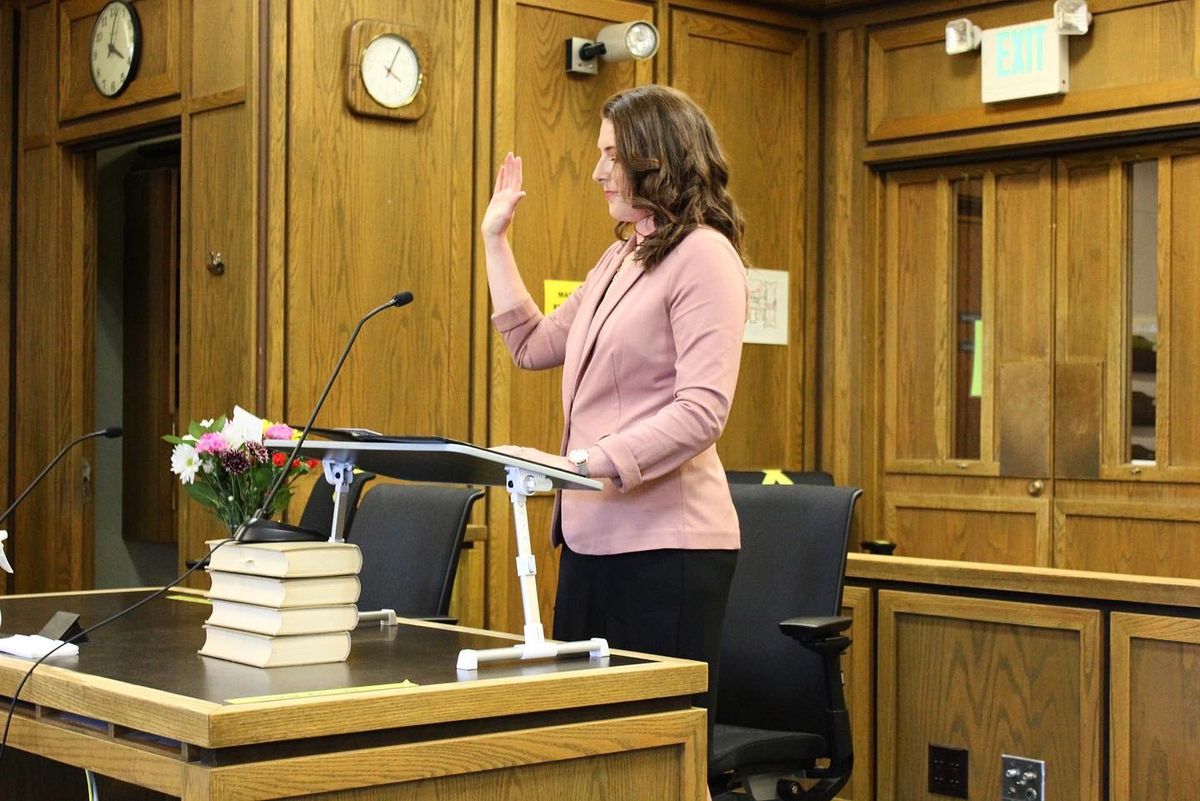I recently had the opportunity to write about the bar exam for Chicago Lawyer (January/February 2011). The piece was prompted by my discovery that graduating law students’ success in passing this test does not predict their success as lawyers. That is, there are some very good practicing attorneys who fail the bar on their first try and others who continue on to become successful trial lawyers despite having breezed through it on the first attempt.
It’s worth pointing out that these findings apply only to individual performance on the test; all graduates of ABA-accredited law schools are assumed qualified to practice law once they’ve graduated. But I doubt anyone would claim that admissions standards at ABA-accredited law schools are lax. The current system calls for students to complete three years of study, take a standardized test (the LSAT), and then submit an application showing they have completed specific coursework in college. This is followed by personal interviews with representatives from the law school(s) to which the student applies. If admitted, applicants must then pay tuition and fees that easily exceed $40,000 per year.
(As if this isn’t costly enough, some state bar associations also charge substantial fees for admittees to purchase “admission on motion” forms allowing them to skip taking the bar in their home state.)
So it’s safe to say that candidates who enter this process are not only academically qualified but also have the financial resources to complete law school. As a result, it would seem that failing the bar would be an indication of some serious deficiency in either academic preparation or legal ability, says William D King.
However, as I discuss in my article, studies have shown for years that many people who pass the bar during their first attempt are incompetent trial lawyers.
- This finding can’t be explained by differences in how they approach studying for the test, or simply by their lack of experience. What makes these individuals so much better at taking tests than practicing law?
- We’ve all seen (or probably been) examples of such persons ourselves: those who excelled as students but were terrible at handling real-life tasks; those who could tell you anything about football teams from the 1960s but couldn’t tell you the first thing about a case they should have known before taking a Criminal Law course; those who could memorize a statute or two for an exam but didn’t know how to actually apply the principles.
- The reality is that there are many skills involved in practicing law, not just answering questions on exams. And if law schools can’t teach these skills to their students (and so far I haven’t seen any evidence that they can), then maybe we shouldn’t be admitting such individuals as lawyers in the first place.
- I’d like to point out that this issue isn’t limited to legal education – it applies just as much to business, medical and other professional schools. The question always comes down to: Do we want to admit students based on their ability to answer questions, or do we want to admit students who can effectively handle real-world tasks?
- The latter approach seems a lot more reasonable. After all, that’s the standard used in high school and college admissions. And if you look at how well it works for them, I think you’d have a hard time disagreeing with this idea.
- So maybe it’s time for law schools to get rid of bar passage rates from their marketing materials and replace them with something more realistic: employment figures, average starting salaries by practice area, etc. The ABA should also consider requiring law schools to report pass/fail rates along with percentages of graduates taking the test more than once. And perhaps the state bars should consider requiring applicants to take a skills test before being admitted.
- Of course, there are problems with all of these ideas – but there always are. I’m not saying they’re perfect or that everyone will be happy with the results. But as someone who has worked as both a lawyer and a law professor, I think we have an obligation to do what’s best for those who want to practice law, not just those who have already been admitted.
Conclusion:
According to William D King, this doesn’t simply mean making it harder for people to gain admittance; it means guaranteeing competent legal representation for the public at large. And let’s face it: If you’d like me to defend you in court (or even if you don’t), shouldn’t you want that as well?
Author Bio – Ombir is SEO Executive at Netflix trends. He is a SEO and Writer who has an experience of 2 years in these respective fields. He likes to spend his time doing research on various subjects.





